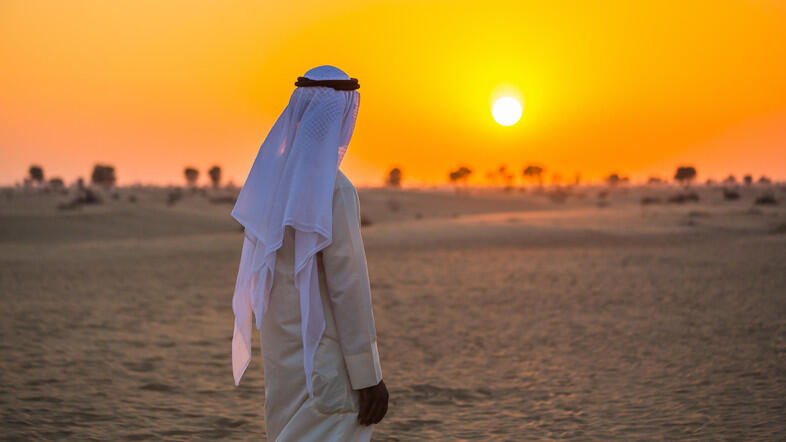The region in the month of July, the time of the year when the oxygen supply is so hot and humid it feels like it has been cut off when you step outside in the hope of some fresh air. And like every year it has been an unforgiveable month where people have been forced to stay indoors with the air condition blasting 24 hours of the day.
But this year is different in so much as a heat wave has struck many regions around the globe with soaring temperatures, leaving meteorologists suggesting this could ‘possibly’ be the hottest month in history.
The World Meteorological Organization (WMO), a United Nations specialized agency, is examining whether a 54C temperature recently recorded in Kuwait, has set the new highest temperature for Asia, as well as for the entire Eastern hemisphere.
According to forecast, the peak of summer in the UAE is between mid-July and the end of August.
In places like the UK they have been experiencing a mini heatwave with a raise in temperature to what experts are saying might be the highest ever recorded in the UK, of 38 C.
Unlike much of the Middle East, the majority of the Brits don’t have the luxury of owning air conditioning units, and shops offer little respite with only some providing decent ventilation as the country and its people are more use to the gloomy weather which seems to visit them all year round.
But things are different in the Middle East where Hibah Zarour, Al Arabiya’s weather presenter said people are used to the sweltering summer heat – even if most of us don’t actually like it that much.
Although she admitted it helps that everything is designed to help you cope with the weather. And she said that hot summer temperatures seemed to start relatively late this year.
“What was really nice this year, was that the winter was long in comparison to the past. So these few months have been more bearable,” she said.
Zarour is one of two presenters working for the Al Arabiya news channel presenting the regular bulletins that appear twice each day.
The weather presenter, who has been with Al Arabiya for a year-and-a-half, said they receive their weather forecast from trusted websites and a news agency that provides them with specific maps for every region and city, having received the information theu then write their scripts for when they go on air.
She said the system updates these maps every 24 hours. The aim is to ensure that the information is accurate as possible.
And while Hibah said the weather forecasts were usually accurate, she admitted that no matter how much the technology advanced, it was not possible to make a prediction that was 100% accurate.
So how do people become weather presenters? Surprisingly you don’t have to study meteorology to become one.
Hibah studied English literature in Damascus, although she said her passion has always been journalism, and as such also does in house news reports for al Arabiya – something she says she hopes will soon take up the majority of her working day – if not all.
But while she might not be a trained weather expert, she did have some common sense advice for people warning them against outdoor activities this month, because of hydration and exhaustion. It’s advice that is acted on across the Gulf region with a ban on midday working outside – a law that sees laborers put down their tools and go back to their accommodation during the hottest hours of the day.
Source: AlArabiya
Author: Leila Alwan











